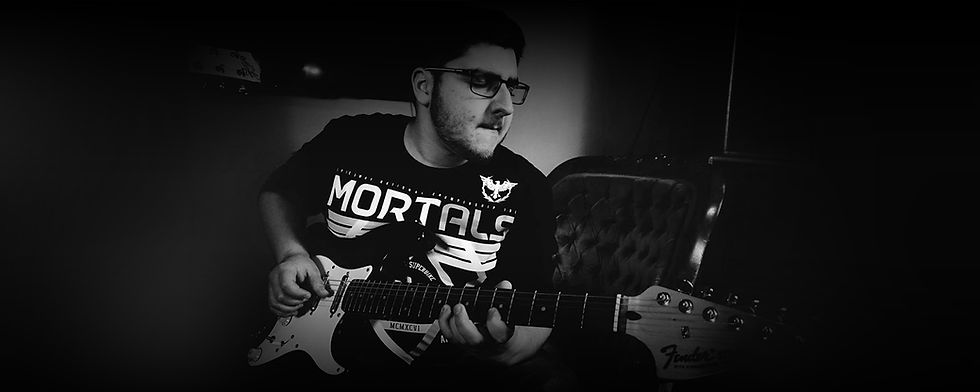Viva Voce
- National Music Academy
- Aug 21, 2018
- 3 min read
Viva voce’s are often overlooked when it comes to HSC music electives, purely because many students aren’t familiar with what exactly a viva voce is or the necessary tips for doing well. Essentially, viva voce is just a conversation that months of preparation, practice and tears has gone into- sounds simple? A HSC viva voce is a ten-minute in depth conversation that can allow you to be questioned on just about anything that has to do with your topic. However, similar to the performance piece, there are key features that you should be aware of in order to succeed.
1. Let’s talk topics
The topic is the top priority for a viva voce. You want to select a topic that will showcase your musicology knowledge, as well as your ability to demonstrate techniques. For my preliminary viva voce, I discussed “how vocal and guitar techniques impact the music of Chris Stapleton”. This allowed for me to showcase my ability in terms of vocals and guitar. By choosing a topic that you are both interested and capable of demonstrating, the markers will be aware that you have put a wealth of effort into the research.
2. The sheet is all you have- make sure you can put as much into as you can
As far as being able to refresh your memory, the viva voce sheet is all you have to assist you. The sheet is all the markers will be able to use in order to question you on your topic. However, this does not mean that you can overload the sheet with information. To combat being torn between having too much and not enough information is to make two viva voce sheets- one with all of the information required, written in full sentences; you will use this sheet to practice over the initial months of practicing. The second sheet will be the one that you take into the conversation, yet the information will be written in abbreviations. Writing answers in short hand or abbreviating terms to cause mental triggers will assist in ensuring that you are on track.
3. The markers can ask you any question
The sheet you prepare will direct the conversation, meaning that the conversation will not be steered too far from the sheet; but often they can ask you a question that you might not have been entirely prepared for. Whilst there is no way of determining exactly what the markers will ask you, the best way to make sure that you have covered all bases is to have a friend, parent or teacher that knows music go over your viva voce with you. Have them even ask you obscure questions that are related to your topic.
4. Examples Examples Examples
A viva voce is essentially a verbally expressed extended response; just the same as putting pen to paper for any of your other subjects, examples will boost your marks and show the depth of your understanding. I would always place cues next to the techniques that I knew was essential to demonstrate. In saying that, any technique that you identify on the viva voce sheet, be prepared to potentially have to demonstrate it. There is no worse feeling in a viva voce than being asked to perform a technique and not being able to- always be prepared to demonstrate. Providing exerts of the song you are examining can also boost your marks and show your knowledge. However, you only want to make these exerts only a few seconds long.
5. Enthusiasm
Being passionate and confident about what you are going to discuss reflects in your marks. Evidently, there is no escaping the nerves of having a ten minute conversation with markers you aren’t familiar with and that is being marked; yet having enthusiasm in your tone and speaking at a clear and comfortable pace is a massive factor in the marker recognising and understanding the information you are presenting.






Comentarios